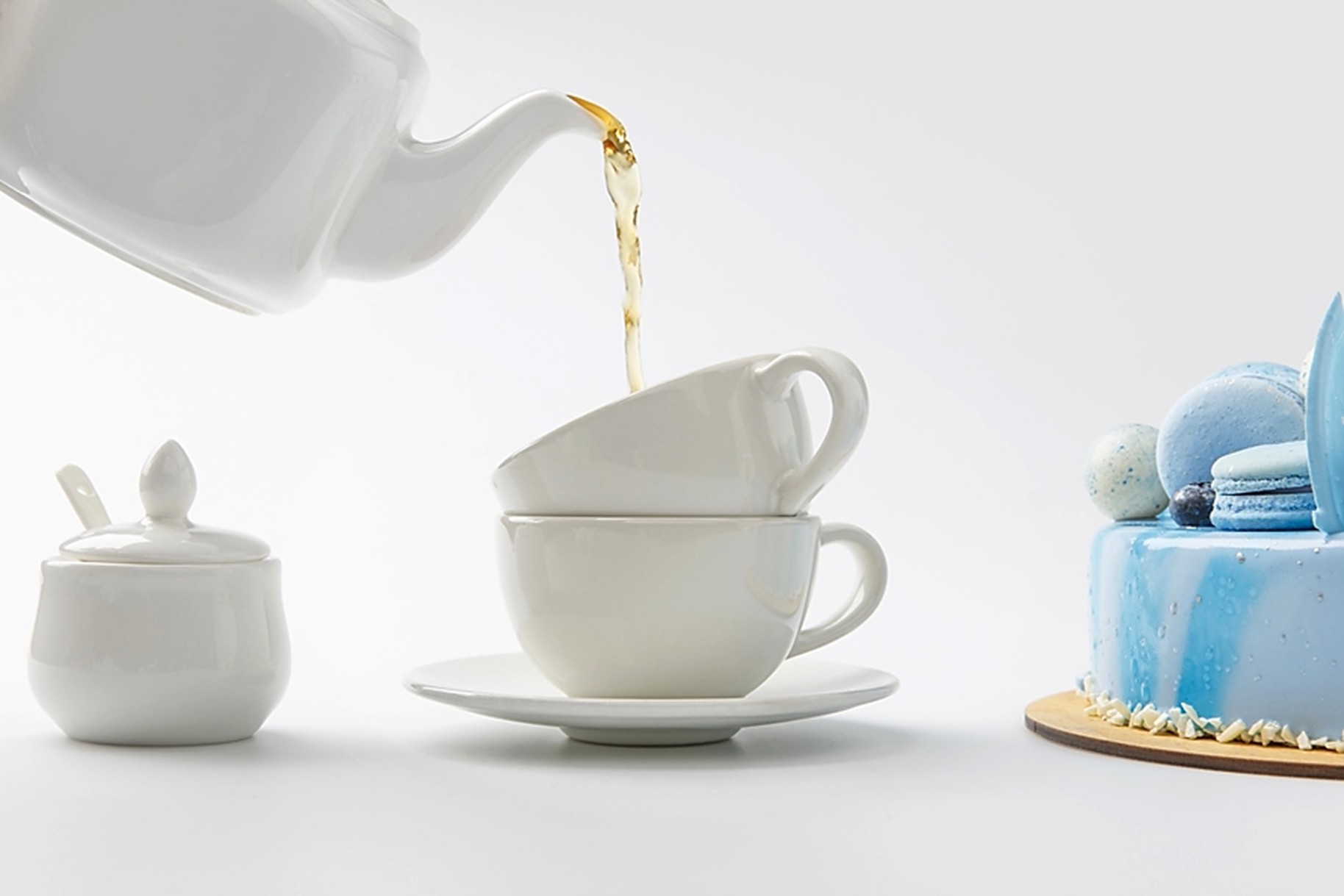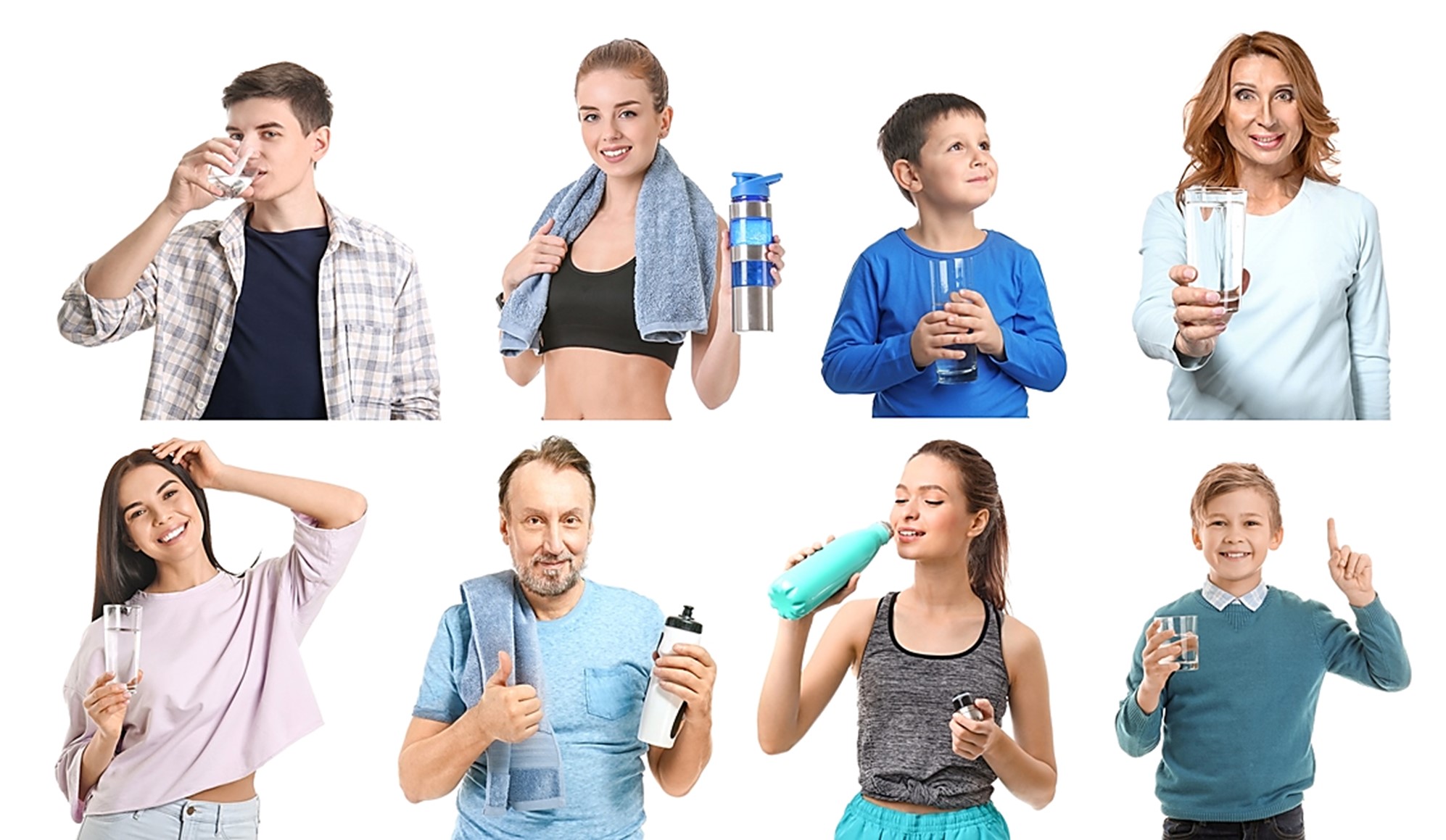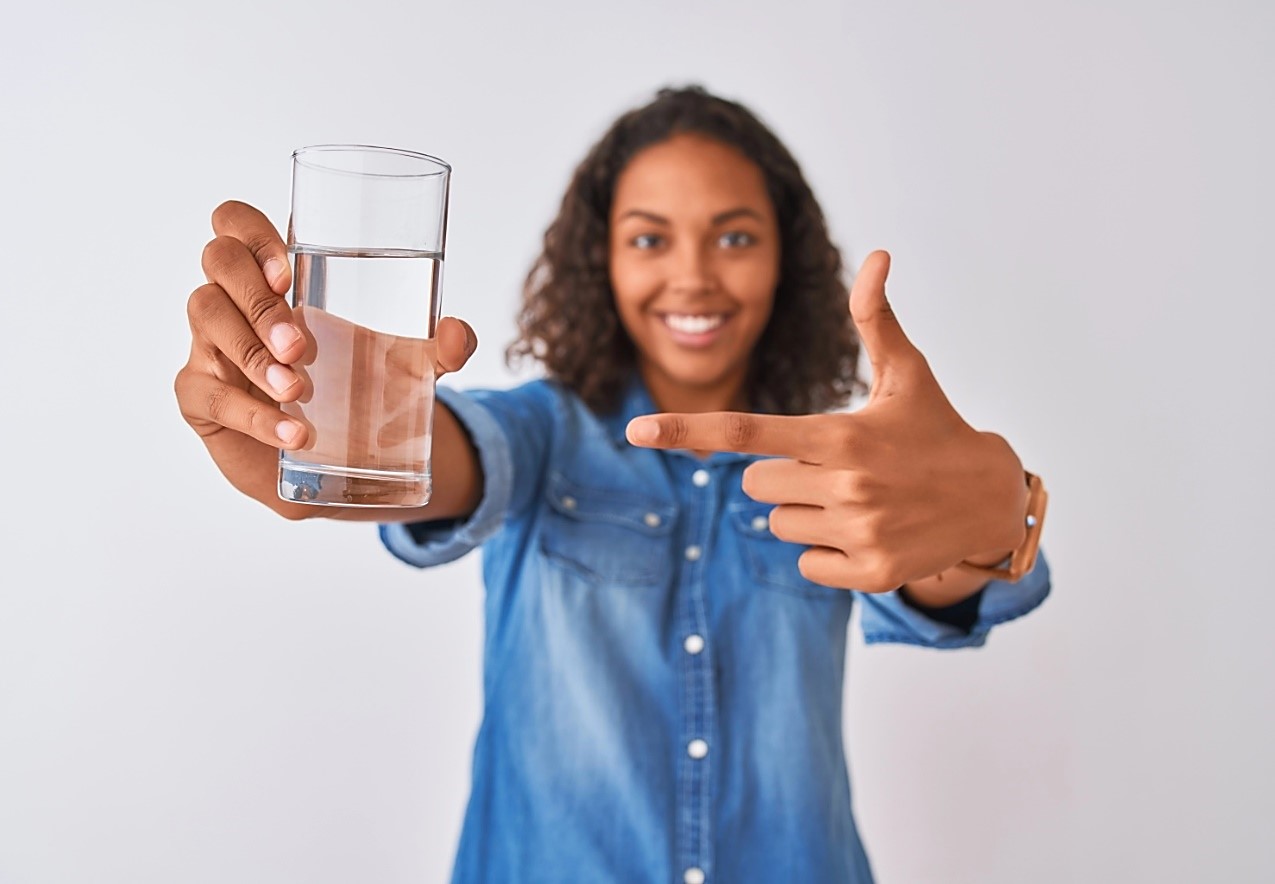
by Fern Shaw | May 27, 2025 | bottle fed water coolers, mains fed water cooler, water cooler, Water Coolers
Utilising the three C’s (more actually) and in the proverbial words of a famous English poet: Let us count the ways in which a water cooler is of benefit.
Can you have too much of a good thing? We believe it’s possible, so in order not to overwhelm you, we’re going to kickstart with five positive C catchphrases.
- Convenience
Having a water cooler in the workplace, whether it’s a small office or a sprawling industrial estate, is undeniably convenient. It ensures that fresh drinking water is always readily available, saving time and effort.
- Cost-effective
Installing a water cooler is a smart financial move. It significantly reduces the need for costly single use bottled water and other less sustainable options. Over time, this adds up to noticeable savings – good news for your budget and the planet.
- Cleanliness
Water coolers promote hygiene by providing a clean and controlled drinking water source.
This is backed by AquAid’s policy where we automatically sanitise our bottled water coolers and service our mains fed water coolers every six months by our WHA (Water Dispenser & Hydration Association) accredited engineers. It’s our way of ensuring that you enjoy not just clean water but peace of mind too.
- Consistency
There’s nothing worse than inconsistency when it comes to the basics, especially drinking water. A water cooler provides a reliable, on-demand source of both chilled and hot water, ensuring your team stays hydrated all day long, without interruption.
- Cooling
Finally, the cooling factor. A water cooler offers a refreshing source of chilled water, ideal during the warmer months, when things heat up at work, or post workout. It’s the little pick-me-up that can make a big difference to your day.
There you have it: the convenient, cost-effective, clean, consistent and cooling water cooler. Efficiently ticking all the right boxes for a healthier, hydrated workplace. Contact AquAid to explore how one could fit into your space.

by Fern Shaw | May 20, 2025 | water boiler, water cooler, Water Coolers, water dispenser
In the words from 90s popular culture, tea is all that!
And with International Tea Day upon us – one of our very favourite days here at AquAid – we thought it a suitable time to refresh (aha) our memories about what it is that makes tea so great.
A few reasons surface:
- Tea contains oxidants called polyphenols. It can help reduce the risk of chronic diseases. *
- It has also been found that people who drink green tea or black tea have lower chances of heart issues.
- Herbal teas such as chamomile help maintain the health of your digestive system.
- Tea is extremely beneficial for your teeth because high amounts fluoride, catechins and tannins are present. These help to prevent plague, builds resistance to acid and sugar and strengthens teeth.
- The amount of caffeine present in tea is less than coffee. It is said that traditional tea contains 50 percent less caffeine than coffee!
- Herbal teas such as Chamomile and Ginger tea are quite good for the digestive system as they are antispasmodic.
Fancy more than a cuppa a day but don’t have access to a consistent supply of piping hot water? Never fear, AquAid are here! Whether it’s a hot & cold water dispenser, boiling & chilled water taps or a hot water boiler, we have the hot water dispenser solution for you. Contact us today!
*source: article at Calendarr United Kingdom

by Fern Shaw | May 19, 2025 | water cooler, water dispenser
Why Choose a Water Dispenser?
A water dispenser provides immediate access to clean water, encouraging consistent hydration. Beyond convenience, it offers several benefits tailored to different environments and preferences.
Improved Water Quality and Taste. Water dispensers often come with built-in filtration or use pre-filtered bottles, ensuring a cleaner and better-tasting alternative to tap water. This can be especially beneficial in areas where water quality is inconsistent.
Variety of Options to Suit Every Space
- A bottle-fed water dispenser is ideal for locations without access to plumbing, offering flexibility and easy installation.
- A mains-fed water dispenser connects directly to the water supply, making it a sustainable and cost-effective long-term choice.
- Desktop and countertop water dispensers save space while still delivering the same hydration benefits, making them perfect for smaller offices, kitchens, or personal use.
- A free-standing water dispenser is well-suited for larger offices or communal areas, where higher volumes of drinking water are needed throughout the day.
- A floor-standing water dispenser provides a robust solution for high-traffic environments, offering greater capacity and ease of access for multiple users.
Hot and Cold Water on Demand. Many models dispense both hot and cold water instantly, removing the need for kettles or refrigeration. This versatility supports everything from making tea to cooling down during a busy day at the office or after exercise.
Encourages Healthy Habits. By placing a water dispenser in visible or high-traffic areas, it serves as a reminder to drink water regularly, which is especially important in busy workplaces.
Reduced Environmental Impact. Using a mains-fed system or refillable bottles reduces reliance on single-use plastic bottles, supporting more sustainable practices.
A Convenient & Smart Investment
A water dispenser is more than just a convenience – it’s a smart investment in health, efficiency, and environmental responsibility. With a range of styles including bottle-fed, mains-fed, countertop, and freestanding water dispensers, there’s a solution for every need.
Contact AquAid: we’re here to meet all your water dispenser requirements.

by Fern Shaw | May 14, 2025 | water cooler, Water Coolers
Whether it’s a bustling office, a quiet medical clinic, a busy retail store, a school, or even a tourist destination, a water cooler is one of the simplest yet most valuable additions to any space, regardless of the size and number of people in that space. It’s not just about staying hydrated; it’s about creating a healthier, more inviting environment for staff, customers, and visitors alike.
A water cooler subtly shapes the environment by encouraging healthier daily habits. When water is visible and readily available, it nudges people to make better choices without effort. Over time, this can lead to lasting behavioural shifts – not just staying hydrated but being more mindful about wellbeing in general.
In public-facing spaces, having a water cooler available adds value as it sends the right message. Waiting rooms and receptions can feel awkward or impersonal, but offering a refreshing drink of water provides a small, purposeful activity. It breaks the monotony, softens the atmosphere, and gives people something to do while they wait.
From an operational perspective, a water cooler improves efficiency. It can reduce trips away from the workplace to buy drinks and save space, cutting down on clutter from personal water bottles. Having a central source helps standardise cleanliness, refilling routines, and maintenance, making hydration simple and streamlined.
In physically demanding or outdoor environments, a water cooler can even support compliance with health and safety standards. Regulations in certain sectors require adequate access to drinking water, so installing one is not just convenient, it helps meet legal obligations while supporting staff welfare.
In larger venues or public spaces, water coolers also serve a practical role in crowd management. People naturally gather at hydration points, making it easier to predict foot traffic, reduce bottlenecks, and keep flow organised – all without needing extra signage or supervision.
No matter the type of location – event, office, shop, school, or spa – a water cooler remains a practical and appreciated necessity.
With over 24 years of experience and 23 branches across the UK, AquAid is perfectly placed to meet all your water cooler needs – wherever you are. Whether you’re after expert advice, reliable service, or top-quality coolers, AquAid delivers nationwide. Get in touch today and discover why thousands of valued customers trust AquAid to keep their teams, guests, and visitors refreshed, hydrated, and happy.

by Fern Shaw | May 12, 2025 | water cooler, Water Coolers, water dispenser
Having easy access to fresh drinking water is something every school, college, and educational setting should prioritise. Whether it’s pupils in a primary classroom or students preparing for exams at university, staying hydrated plays a big part in keeping minds sharp and energy levels up. That’s why water coolers, dispensers, and fountains are more than just handy extras – they’re vital.
We all know how hard it can be to concentrate when we’re feeling tired or sluggish. Often, that’s simply down to not drinking enough water. Even mild dehydration can affect focus, mood, and overall performance. Making sure water is available and easy to access throughout the day helps everyone – students and staff alike -stay alert and ready to learn or teach.
Installing water coolers and dispensers offers a simple solution in providing students and staff alike a refreshing, cool, and reliable source of water. They’re a practical way to encourage regular drinking, especially when the alternative might be sugary drinks or no drink at all. And let’s face it, fresh, cool water always tastes better – particularly after a PE lesson or on warmer days.
Water fountains and bottle refill stations also support schools in cutting down on single-use plastics, which is a growing concern for many environmentally conscious institutions. Encouraging students to bring in their own reusable bottles and fill them up throughout the day not only keeps them hydrated but also helps create a more sustainable campus.
Making water easily available also shows that a school or college genuinely cares about the wellbeing of its community. It’s a small but powerful step towards creating a healthier and more supportive learning environment. And when students feel looked after, they’re far more likely to engage, participate, and succeed.
At the end of the day, providing fresh drinking water shouldn’t be seen as a luxury – it’s a basic need. With a simple solution like a water cooler and fountain, educational settings can make a big difference to how students feel, learn, and thrive, and help enable staff to be able to perform at their best throughout the school day.





